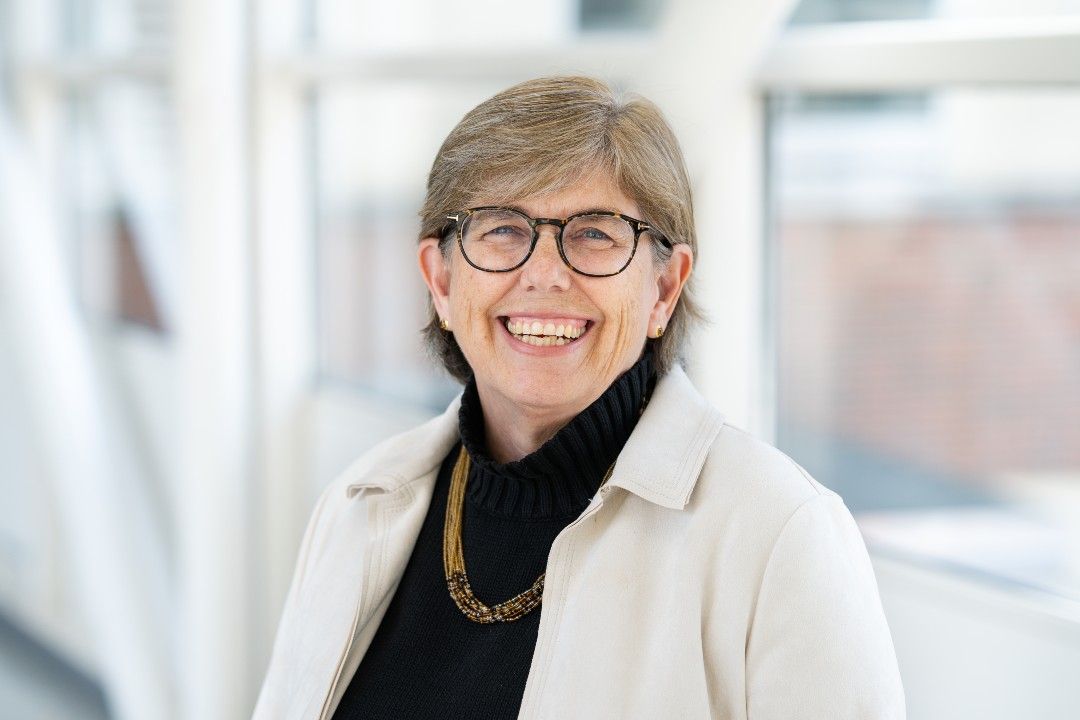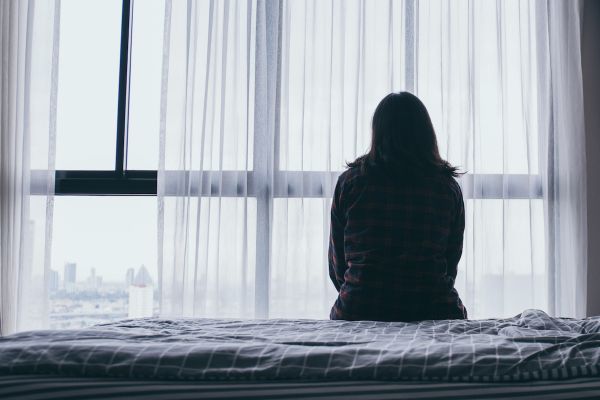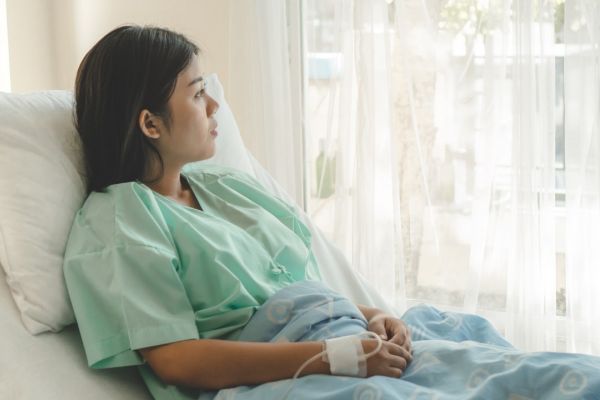I’m so pleased to be at Roswell Park Comprehensive Cancer Center, though in fact, I was here previously for about 10 years in the early 2000s. I loved being a part of the Roswell Park community and coming back now has felt like coming home. I’ve got a few more gray hairs now than I did then, a bit more life experience, but the same deep gratitude for the opportunity to do this work I love with people — cancer survivors and their loved ones — who inspire me every single day. It is a privilege to walk alongside the patients and survivors as they face the hardest and most painful challenges of their lives with dignity and courage. There is no place I’d rather be.
What is a medical psychologist?
In my role as a medical psychologist, I use my knowledge of the mind and behavior to support people who are dealing with a medical illness; in this case, cancer. With breakthroughs in our understanding of the mind-body connection during the past 50 years or so, we now recognize that there is constant, two-way communication between our body and brain, so that what happens to the body has consequences for how we feel and what we think, and that what we think, feel and experience affects our body.
Medical psychologists work within this health-based model of psychology, grounded in our understanding of the interaction of mind and body, and we use that understanding to help people manage the stress and distress that comes with a cancer diagnosis.
Roswell Park has a special place in the history of this specialized type of care known as Psychosocial Oncology. In the 1950s, psychiatrist Jimmie Holland, MD, the founder of the field of psycho-oncology, was on the faculty of the State University of New York at Buffalo when she married James Holland, MD, who was then Chief of Medicine at Roswell Park. While her husband was overseeing the very first multicenter study of chemotherapy for cancer, Jimmie Holland wanted to know more about the experience of the people themselves and how their treatment and survival affected them emotionally and psychologically. She made all of us stop and ask that vitally important question, “What is this experience like for you and how can we help you through it?”
Patients need more than medical care
Recognizing the importance of supporting cancer patients through their experience of treatment and survivorship, Roswell Park established a Department of Psychology in 1979 under the directorship of Mike Zevon, PhD, another pioneer in the field of psycho-oncology. Dr. Zevon recruited and mentored several psychologists, including Megan Pailler, PhD, and me, who work with adults, and Brandee Aquilino, PsyD, MA, with works with pediatric patients and families. Also on our team is Erin Brewer-Spritzer who works with patients and families in the Young Adult program. Together we provide inpatient consultation and outpatient psychotherapy services for Roswell Park patients and their loved ones throughout their care. We consider ourselves part of the broader tapestry of psychosocial support, working hand-in-hand with Roswell Park’s social workers and spiritual care providers to help individuals and their families manage the stress that comes with a cancer diagnosis.
So, if you are feeling distress or anxiety; if you are adjusting to a new diagnosis or recurrence; if you are struggling with side effects of treatment like insomnia or fatigue; if you’re concerned about how your diagnosis is affecting your loved ones, or if you are dealing with your own grief, talk with your treatment team. They can make a referral to Psychology and schedule an appointment with one of our psychologists. We would love to talk with you and help you cope.
Psychology services at Roswell Park
Psychologists play an important role in your care team.
Learn More

